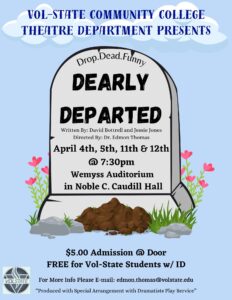Last updated on April 16, 2018
By Lauren Whitaker
Volunteer State Community is hosting an informational discussion pertaining to sexual assault with guest speaker Sharon Travis Thursday, March 5, in Wood Dining Room B from 2-3 p.m.
Sharon Travis is a Prevention Specialist at the Sexual Assault Center in Nashville. She has worked with youths, parents and professionals in the area of sexual violence, sex education and youth development for over 20 years, according to nashville-tn.aauw.net.
During Travis’s discussion she will cover topics including where to get an admissible rape kit, where a rape clinic can be found, modes of therapy, means of payment, the welcoming of men, the non-discrimination of race, and students will be given the opportunity to ask questions.
The country is embracing April as sexual assault awareness month.
Sexual assault is known as sexual behavior or contact without the other person’s individual consent. Sexual assault varies from extreme violations of another’s body to a simple unwanted touch.
Attempted rape, fondling or unwanted sexual touching and forcing a victim to perform sexual acts are extreme forms of sexual assault.
Consent is not only a matter of sex. Consent should come with any touch to another’s personal body and space.
Students should practice consent even when a hug is at stake. People have different restrictions and boundaries when it involves their body.
Victims of sexual abuse find the slightest unexpected touch to be traumatic and scary.
It is important for students to be aware of others’ privacy. The most common way to protect his or herself from being accused of sexual assault is to ask permission.
The absence of “no” or silence does not mean yes, according to NSVRC.org.
Approximately seven out of ten sexual assaults are committed by someone known to the victim, according to rainn.org.
Students should ask consent before touching, and to learn more about the effects of sexual assault Sharon Travis will be on campus to share.




Comments are closed.